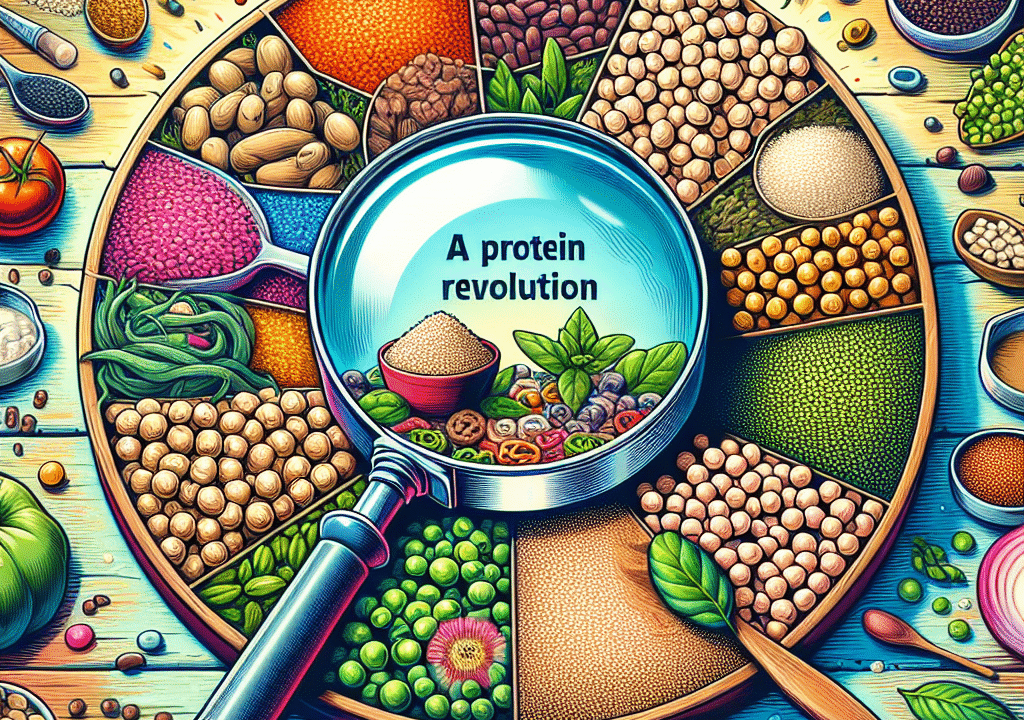The Micronutrient Map: Preventing Plant-Based Deficiencies Before They Start
Unlock peak health with *The Micronutrient Map: Preventing Plant-Based Deficiencies Before They Start*. This essential guide reveals the hidden gaps in plant-based diets—and how to fix them fast. Discover simple, science-backed strategies to fuel your body right and thrive naturally. Your nutrient-rich lifestyle starts here. Read more now!







